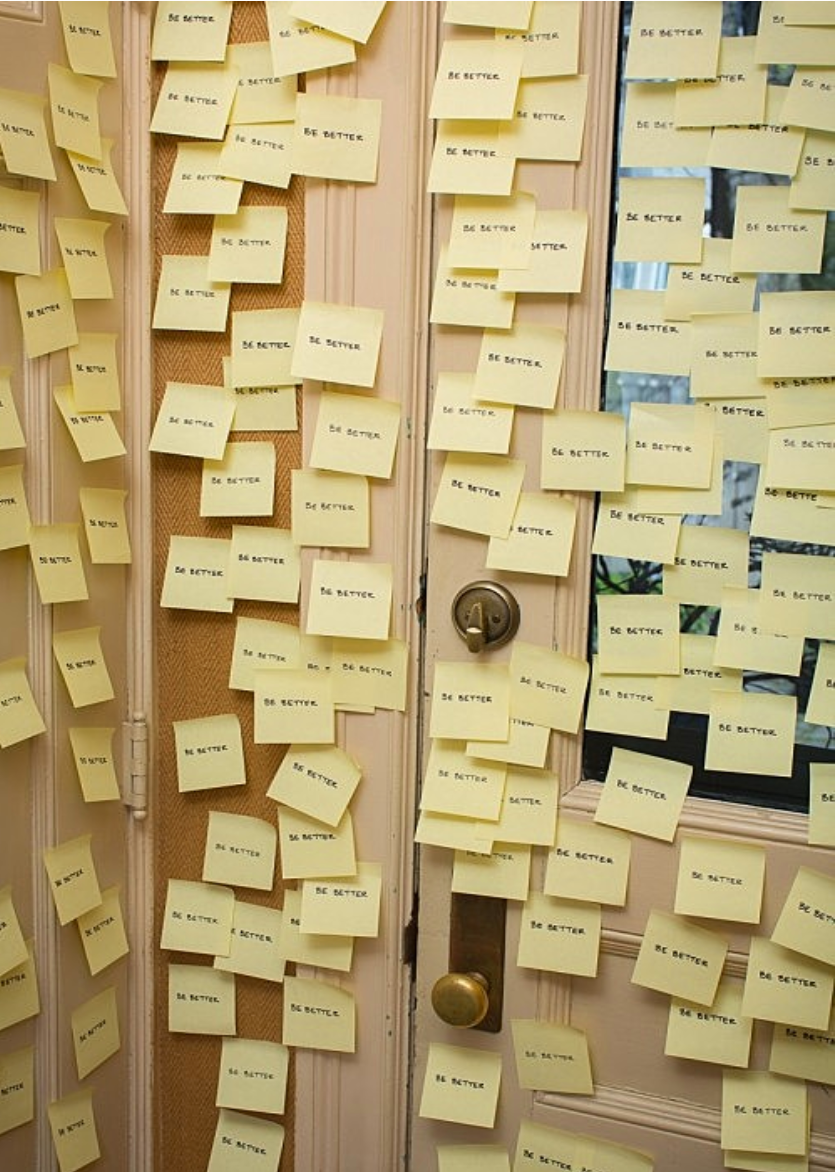We’re Tweeting, We’re Working: On the Hypochondria of Longform Journalism
We wade in, slightly late and a little out of breath, to the recent debate over whether we lack quality longform journalism in New Zealand.
A Brief Apology: We intended to post this last week but wanted to write it together, which proved difficult as we’re currently all over the place – Matt’s in Melbourne, Joe’s in Europe with intermittent free laundromat WiFi and Rosabel's been in Samoa without access to a phone or the internet (problematic).
A Recap: For those who’ve missed it, the conversation goes like this: in June’s issue of Metro, Editor Simon Wilson wrote what was technically a review of Janet Malcolm’s Forty-One False Starts: Essays On Artists And Writers. His piece, ‘Stop Tweeting and Do Some Work!’, used Malcolm’s book as a standard candle against which to contrast the local vacuum of proficient, prolific writers who were willing to submit work to the mainstream media. In response to his own question, he wrote:
Why so few Janet Malcolms? I think it is because of academic snobbery about journalism. And because we — the people who want to read good writers engaging with the world — don’t demand it. And because, like my friend with the cat food, too few of our writers can be bothered. Twitter, it seems, provides satisfaction enough.
Wellington writer and tweeter Ashleigh Young responded with the thoughtful ‘Anti-lamentation’. She points out that quality longform journalism is everywhere – it’s published by our mainstream outlets, although they’re limited in the space they can devote, and it’s increasingly online, too. Examples are cited (all are worth reading) and she finishes with a reminder that the state of writing is the same as it’s always been:
writing that doesn’t fire you up, writing that leaves you cold or irritated, is everywhere. It will always be there. Sometimes it’s even in the New Yorker. There is no escape. It’s not specific to this country. Just move on to the next thing. It will keep getting better.
This depresses Simon terribly. In his response, ‘Stop Complaining and Do Some Work!’ he says that while he doesn’t disagree with her points,
What Ashleigh has effectively signalled – and what some tweeted responses have reinforced – is that many of our good writers are not particularly interested in writing for this magazine or others in what we used to call the “mainstream”. Despite the fact that we pay, at the top end of what freelance journalists can get paid in this country.
He then suggests that writers and readers should be committed to “making it work,” that writers should be submitting to the mainstream media because they’ll get paid, and also because if they don’t, the New Zealand market for high-quality high culture will collapse.
We agree, partially: there are lots of talented writers in this country. Many of them are published in the mainstream media. Many of them are published online. All of them should be read more widely. They should be valued for their work and they should be paid (and paid well).
This is hardly a new conversation. It’s one we return to over and over and over again, with understandably increasing concern. Is journalism dying? Has it actually spent the past few years being dragged around, Weekend at Bernie’s style? Was the obituary lost in the spam folder?
For the record, we like Metro. It's one of the best print magazines in New Zealand. It’s beautifully designed and frequently features intelligent and engaging writing. But: as younger twenty-somethings, it took us a while to figure out this out. It took us a while to realise that the covers of Metro, North & South and The Listener act as shiny tackle for conservative, frayed, middle-class parents concerned with where to send Sophie and Ella to high school next year. These magazines aren't solely about league tables and the top fifty supermarket cheeses you might buy; this is a clever way to move product and it pays for the rest of the magazine, i.e. most of the stuff we actually want to read, i.e. the stuff that's slyly slipped in like a hidden moral. As a marketing tactic it makes total sense. It’s good business – though perhaps no longer great business.
That being said, we do think more writers should be pitching to Metro, though this isn't the answer to how we can promote longform journalism. It's the answer to promoting Metro.
After the Transit of Venus forum last year, Peter Gluckman commented that even though living in a small country affords us certain advantages – we can be nimble, we can take risks – we still find ourselves tied to slow-moving, traditional approaches within science. The same applies here. It’s futile to try and reverse the evolution of a narrative medium, in the same way it would’ve been futile for coffee-house owners to lament cheap novels displacing the broadsheets that rich white men used to come and read.
It also feels unproductive to chastise writers who write online, or for free, or to dismiss Twitter as an un-writerly waste of time. Asides from the connectedness that Ashleigh mentions, social media allows for a level of engagement that print never will. (In response to Simon's complaint of getting a quiet response to his print-only polemic: where was the response going to be heard? In their Letters to the Editor? Disgruntled phone calls from publicly humiliated ‘hot-housed’ writers? We have these kinds of discussions online now and surely we all know that this is wonderful, for writers and readers alike. It allows for a more meaningful public dialogue and connects people everywhere to a conversation that previously would have remained invisible, the domain of cluttered coffee tables and air-conditioned dentistry firms.) Case in point: By posting his piece online, Simon allowed Ashleigh to publicly respond to it in a way where her readers would know what the hell she was talking about in the first place. People tweeted their own opinions, and now we’ve waded in, and everything points back to Simon's final post, which very candidly asks readers to send more pitches his way. Who exactly is losing in this transaction?
Insightful, intelligent and profoundly talented bloggers are no longer the kids who 'have potential but need to apply themselves'; they’re the entire student body. Because there’s little cost associated with publishing online, and because audience reach is global, writing is viewed in different terms now. It’s a new level of literacy. There's also the pleasure of autonomy and in crafting something of your own. There’s the pleasure of a real-time response. While it’s inevitable that this will bring down the average quality of public discussion (Hello, Stuff Nation), the days of writing as a privileged activity have long since set sail.
Simon's arguing that quality journalism is being stifled because readers don’t need to value writing (via paying to read it) and writers are contributing to this devaluation by writing for free. He’s right, but a more complex question is: how do you, against this landscape of new consumption and production, continue to value writing, continue to promote the publication of talented writers, and contribute to the growth of a culturally-engaged society, who care for the world they live in and the issues they face?
For a publication like Metro, they're doing this by pushing a more traditional model, and they have the ability to make it work. We, on the other hand - we’re a publication young, small and idealistic (read: stupid) enough to take a different sort of risk. We realise we’re not the only ones experimenting – in addition to the sites Ashleigh mentioned we also have renegade ‘members of the public’ like Keith Ng and groups like the Scoop Foundation for Public Interest Journalism, while farther afield there are excellent publications like The New Inquiry, Brain Pickings and Jacobin.
We pay our writers (an amount that doesn’t justify the time they’ve spent, but which we feel is an important first step to valuing them appropriately). We don’t pay ourselves. We’re still trying to figure out how this will work, and it’s scary. We love the community of incredibly talented writers we’re surrounded by and want to keep connecting them with an audience. Our door is always open to new writers, to suggestions, to feedback, and of course (cheeky plug) your support:
(or by depositing straight into our bank account: 38-9004-0506982-02)
Journalism's not dying, it's just adapting to a new organ. The tensions we're seeing erupt from the rapid rise of digital media will inevitably reach a homeostasis, but the precise nature of this will depend on how we deal with it now.
- Rosabel, Joe and Matt




